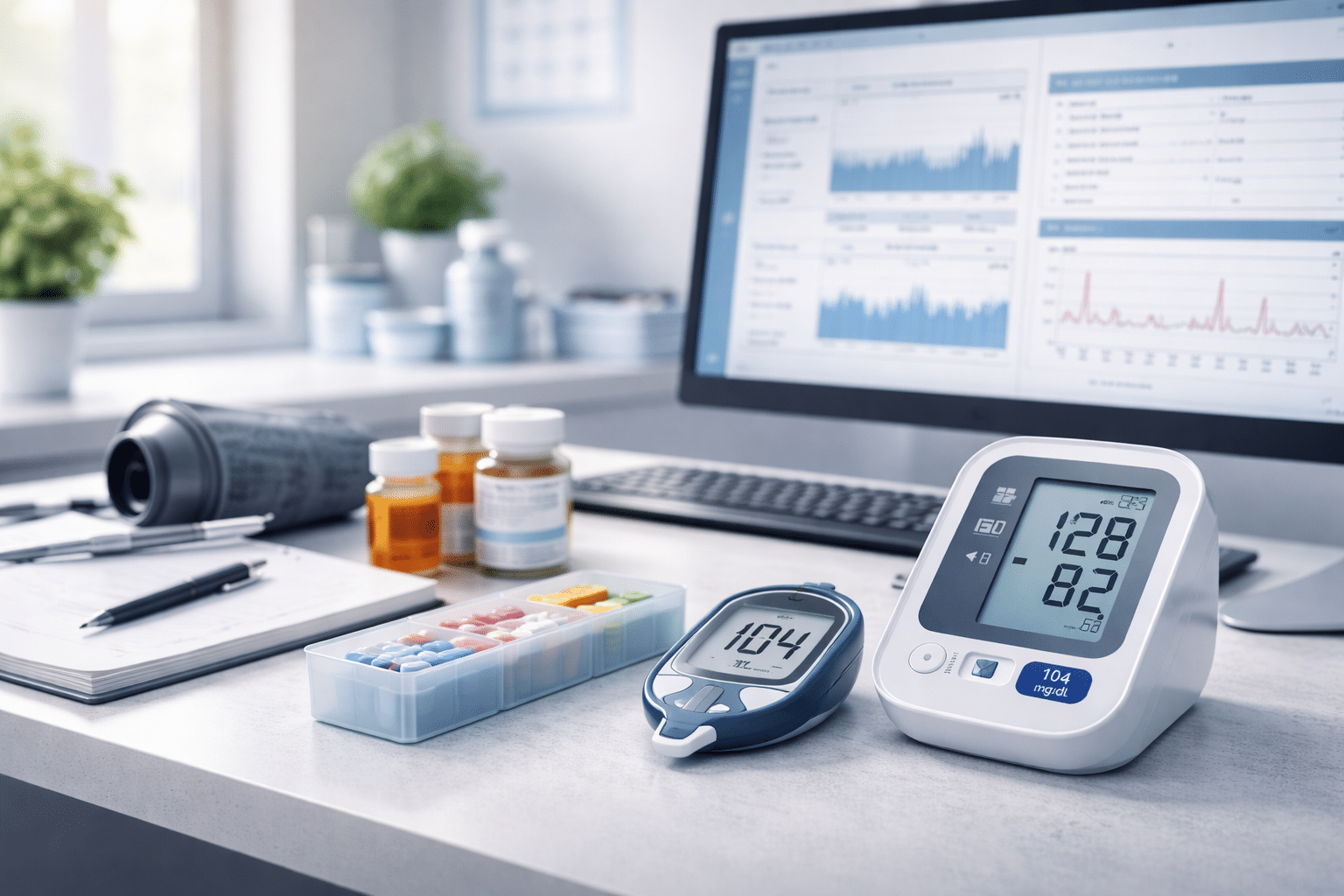Depression is a complicated condition that can affect anyone at any time. Depression affects how one thinks, feels, and functions in everyday life. For many people, antidepressant medication plays a critical role in managing this condition.
If you or someone you care about is considering medication for depression, you probably have many questions. How do antidepressants work? Are they right for everyone? How do you choose the right one?
Let us dive into these questions and more to unpack the role of medication in treating depression.
How Antidepressants Work in the Brain
Antidepressants are not “happy pills” or quick fixes. They work by altering the balance of certain chemicals in your brain called neurotransmitters, which influence mood and emotions. The most commonly affected neurotransmitters are serotonin, norepinephrine, and dopamine. These chemicals help regulate everything from your sleep and appetite to how you process stress.
For example, Selective Serotonin Reuptake Inhibitors (SSRIs) like fluoxetine and sertraline prevent serotonin from being reabsorbed too quickly by brain cells. By increasing the availability of serotonin, these medications can help stabilize mood.
However, it is important to know that antidepressants do not work instantly. Most people need to take them for at least a few weeks before noticing significant changes.
When Is Medication Necessary?
Medication is not the answer for everyone with depression, but for some, it is a vital part of their recovery. For individuals with mild symptoms, therapy, exercise, and lifestyle changes might be enough to manage the condition. However, people with moderate to severe depression often benefit from medication, especially when their symptoms interfere with daily life, work, or relationships.
A 2012 study by Cuijpers et al. reviewed 52 clinical trials involving 4,734 participants and found that medication was particularly effective for individuals with dysthymia, a chronic form of depression. The study also showed that combined treatment—medication paired with psychotherapy—produced the best outcomes for older adults and outpatient populations. These findings highlight the importance of tailoring treatment plans to each person’s unique situation.
Types of Antidepressants
There is no one-size-fits-all approach when it comes to antidepressants. Different types of medications work in different ways, and finding the right one often involves some trial and error. Here is a quick overview of the main categories:
- Selective Serotonin Reuptake Inhibitors (SSRIs): These are among the most frequently prescribed antidepressants. Examples include fluoxetine (Prozac) and sertraline (Zoloft). These medications are often preferred as a first-line treatment because they are generally effective and have fewer side effects than older antidepressant options.
- Serotonin-Norepinephrine Reuptake Inhibitors (SNRIs): Medications like venlafaxine (Effexor) and duloxetine (Cymbalta) target both serotonin and norepinephrine, which can be helpful for people who do not respond to SSRIs. They are also used to manage chronic pain, which can sometimes accompany depression.
- Tricyclic Antidepressants (TCAs): Older medications like amitriptyline and nortriptyline are effective but often come with more side effects, such as dizziness or dry mouth. These are usually reserved for cases where other treatments have not worked.
- Monoamine Oxidase Inhibitors (MAOIs): Rarely used today, medications like phenelzine are effective for atypical depression but require strict dietary restrictions due to potential interactions with certain foods.
- Atypical Antidepressants: This is a catch-all category that includes medications like bupropion (Wellbutrin), which can help with fatigue or low energy, and trazodone, often used for insomnia.
Each of these classes has its pros and cons, which is why working with a knowledgeable healthcare provider in Sacramento, Roseville, or Folsom is so important.
Side Effects and Risks
Antidepressants can have side effects, and it is crucial to understand what they are before starting treatment. The most common side effects include nausea, headaches, and drowsiness. These often improve after the first few weeks as your body adjusts. However, some people may experience more challenging side effects, like weight gain or sexual dysfunction.
In rare cases, antidepressants can lead to serious conditions like serotonin syndrome. This happens when there is too much serotonin in the brain and can cause symptoms such as confusion, rapid heart rate, or even seizures. Another risk is discontinuation syndrome, which can occur if you stop taking the medication too quickly. Symptoms include dizziness, irritability, or flu-like feelings.
The FDA emphasizes the importance of closely monitoring side effects. They recommend regular follow-ups with your healthcare provider to adjust dosages or switch medications if necessary. Communication is key in managing these risks effectively.
The Role of Personalized Medicine in Depression Treatment
No two people experience depression in exactly the same way, and that is why treatment needs to be individualized. Factors such as age, type of depression, and even genetics can influence how someone responds to medication.
For example, someone struggling with low energy due to depression might find that starting medication helps them regain the motivation needed to participate in therapy or engage in physical activity. This creates a positive cycle where each treatment reinforces the other, leading to better overall outcomes.
The 2012 study by Cuijpers et al. demonstrated the potential of personalized medicine in this field. The researchers found that older adults and those with chronic depression responded best to combined treatments, while medication alone was most effective for dysthymia. This supports the idea that treatment plans should consider each patient’s unique circumstances rather than relying on a one-size-fits-all approach.
At Zeam Health & Wellness, with locations in Sacramento, Roseville, and Folsom, we believe in the power of personalized care. Our team takes the time to understand each patient’s needs, ensuring that their treatment plan is as effective and comfortable as possible. Take our Am I Depressed Quiz to gauge where you are before getting in touch.
Let Us Help You Find the Right Treatment
Deciding whether to take antidepressants is a deeply personal decision, and there is no right or wrong answer. What matters is finding what works best for you. Medication can be a powerful tool in managing depression, especially when combined with therapy and lifestyle changes. However, finding the right medication often requires patience and open communication with your healthcare provider.
At Zeam Health & Wellness, we are here to support you every step of the way. Whether you are in Sacramento, Roseville, or Folsom, our team is dedicated to providing compassionate, personalized care. If you are ready to explore your options and take control of your mental health, contact us today.




